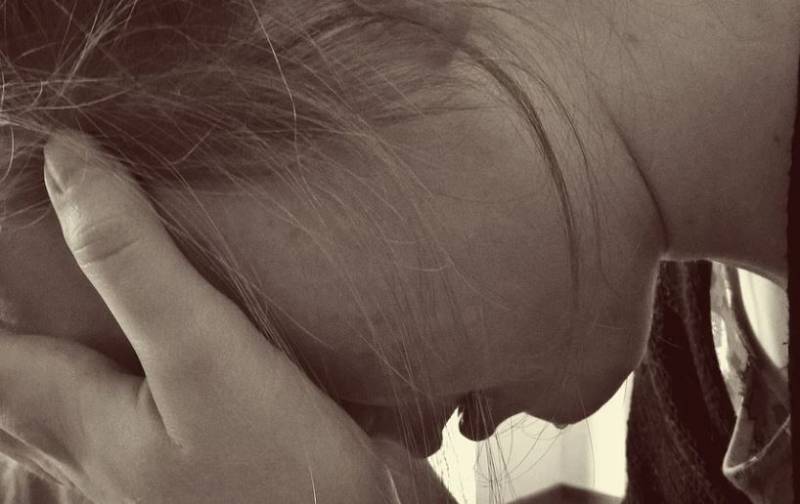article_detail
Date Published: 27/05/2022
ARCHIVED - Only Yes Is Yes sexual abuse law passed in Spain
The law will focus on express sexual consent and will heavily penalise the sharing of intimate images in Spain

After pushing back a number of landmark changes to the sexual abuse law in Spain for months, this Thursday May 26 saw the Congress of Deputies take the last steps to approve legislation commonly known as the ‘Only Yes is Yes’ (‘Solo Sí es Sí’) law, which will transform the way victims of gender-based violence are treated.
When it has officially been ratified, the new laws aims to eliminate the distinction between abuse and sexual assault, focus on consent, guarantee comprehensive care and reparation for victims and recognise other forms of violence such as economic, digital and harassment.
Only yes is yes
“We will reform criminal legislation to guarantee that the consent of the victim is key in sexual crimes, so that, if a woman does not say yes, everything else is no. That is, only yes is yes,” the Minister of Equality and other supporters have promised.
This means the redefinition of consent for all sexual acts, which will only be understood to have been given “when it has been freely expressed through acts that, in view of the circumstances of the case, clearly express the will of the person.”
Furthermore, the distinction between abuse and sexual assault will be eliminated from the Penal Code, so that all behaviours that violate the sexual freedom of a person without their consent will be treated equally harshly by the courts. Penalties will range, depending on the severity of the crime, from a fine to a prison term of between 12 and 15 years.
Unnecessary additional trauma
The law will ensure that the revictimisation of abuse sufferers is avoided, and courts can adopt measures to prevent “unnecessary questions related to private life and sexual intimacy that are not relevant to the act being prosecuted”.
Under the same article, specialised social services will be offered to victims of sexual violence without their need to file an official complaint, and all provinces must establish 24-hour crisis centres by 2023.
Public harassment
Harassment on the street will be recognised as sexual violence, and the legislation will punish “those who address another person with expressions, behaviours or propositions of a sexual nature that create an objectively humiliating, hostile or intimidating situation for the victim”.
Prison for intimate images
People who spread intimate images or videos of another person without their consent on any type of public platform, or with another individual, will face between three months and one year in prison, along with a hefty fine. This crime will now constitute “digital violence”.
Ads that promote prostitution
The amendment to the sexual abuse law establishes as “illicit” any advertisement “that uses gender stereotypes that promote or normalise sexual violence against women, girls, boys and adolescents, as well as those that involve the promotion of prostitution”.
Awareness campaigns will also be launched aimed at discouraging the demand for prostitution services.
Sex education for minor offenders
Given the increase in cases of group rape in Spain, particularly among young people and adolescents, minors convicted of such offences will have to undergo training programmes on sex education and equality.
Image: Pixabay
Loading
Sign up for the Spanish News Today Editors Roundup Weekly Bulletin and get an email with all the week’s news straight to your inbox
Special offer: Subscribe now for 25% off (36.95 euros for 48 Bulletins)
OR
you can sign up to our FREE weekly roundup!
Read some of our recent bulletins:
Discount Special Offer subscription:
36.95€ for 48 Editor’s Weekly News Roundup bulletins!
Please CLICK THE BUTTON to subscribe.
(List price 3 months 12 Bulletins)
Read more stories from around Spain:
Contact Spanish News Today: Editorial 966 260 896 /
Office 968 018 268



























